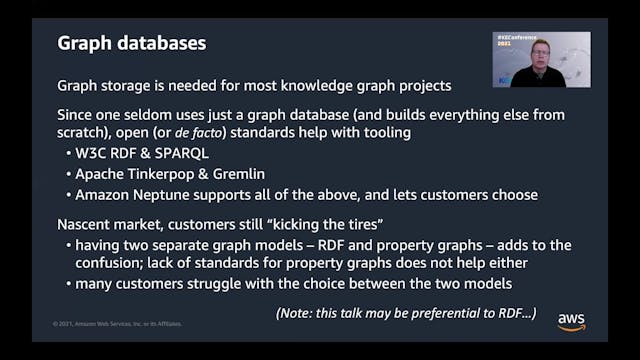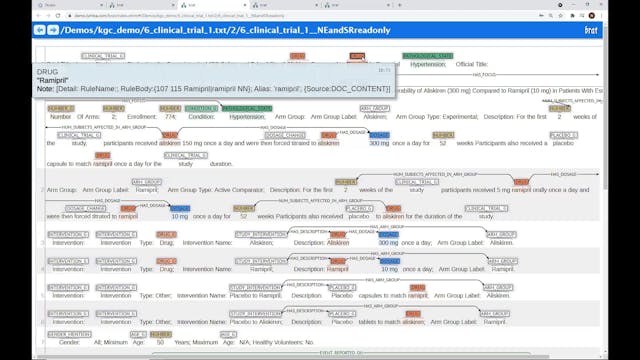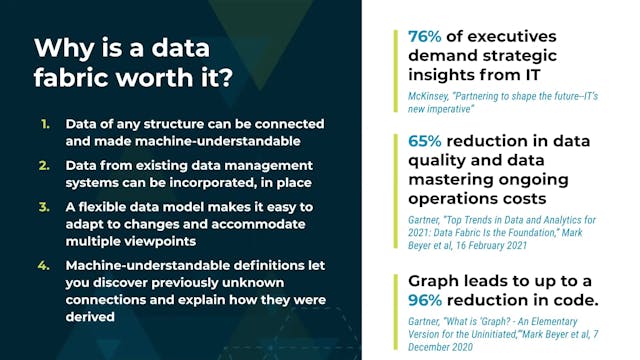Jonas Almeida | Data Commons In The Wild - It's An API World Out There
KGC21 | Conference Only Pass
•
20m
The increasing reliance on distributed epidemiological data sources for time sensitive analysis defines an emergent computational commons space: API ecosystems supporting epidemiology data commons. This space has been forced to evolve significantly to meet the real-time requirements of COVID-19 information systems, to the extent that syntactic interoperability often takes precedence over aligning data structures with conceptual context.
This presentation will explore how the engineering of API ecosystems responds to governance and scope, before it responds to the analytical frameworks that triggered their development, as illustrated with hands-on visits to a number of live data sources. It will be argued that both knowledge representation and statistical learning (AI) benefit from being an afterthought of this evolutionary process.
#knowledgegraphs #knowledgegraphconference #knowledgegraphontology #knowledgegraphdataset
Up Next in KGC21 | Conference Only Pass
-
Ora Lassila | A Knowledge Graph is Mo...
Customer adoption of graph databases is growing rapidly and has attracted many vendors and products. Graphs, as an abstraction, are a simple and intuitive way to model information about the world. Despite this, the learning curve for building a graph-based application remains steep and daunting, ...
-
Nicole Moldovan | NLP: A Cornerstone ...
We’ll explore how unstructured and structured data can come together to tell a complete story through the lens of a pharma clinical trial and subsequent events in the field. We’ll weave through the patient history and other documents using an ontology and several NLP tools, then use natural langu...
-
Michael Grove | How To Build a Data F...
The enterprise data landscape is increasingly hybrid, varied, and changing. The emergence of IoT, rise in unstructured data volume, increasing relevance of external data sources, and trend towards hybrid multi-cloud environments are obstacles to satisfying each new data request. The old data stra...



